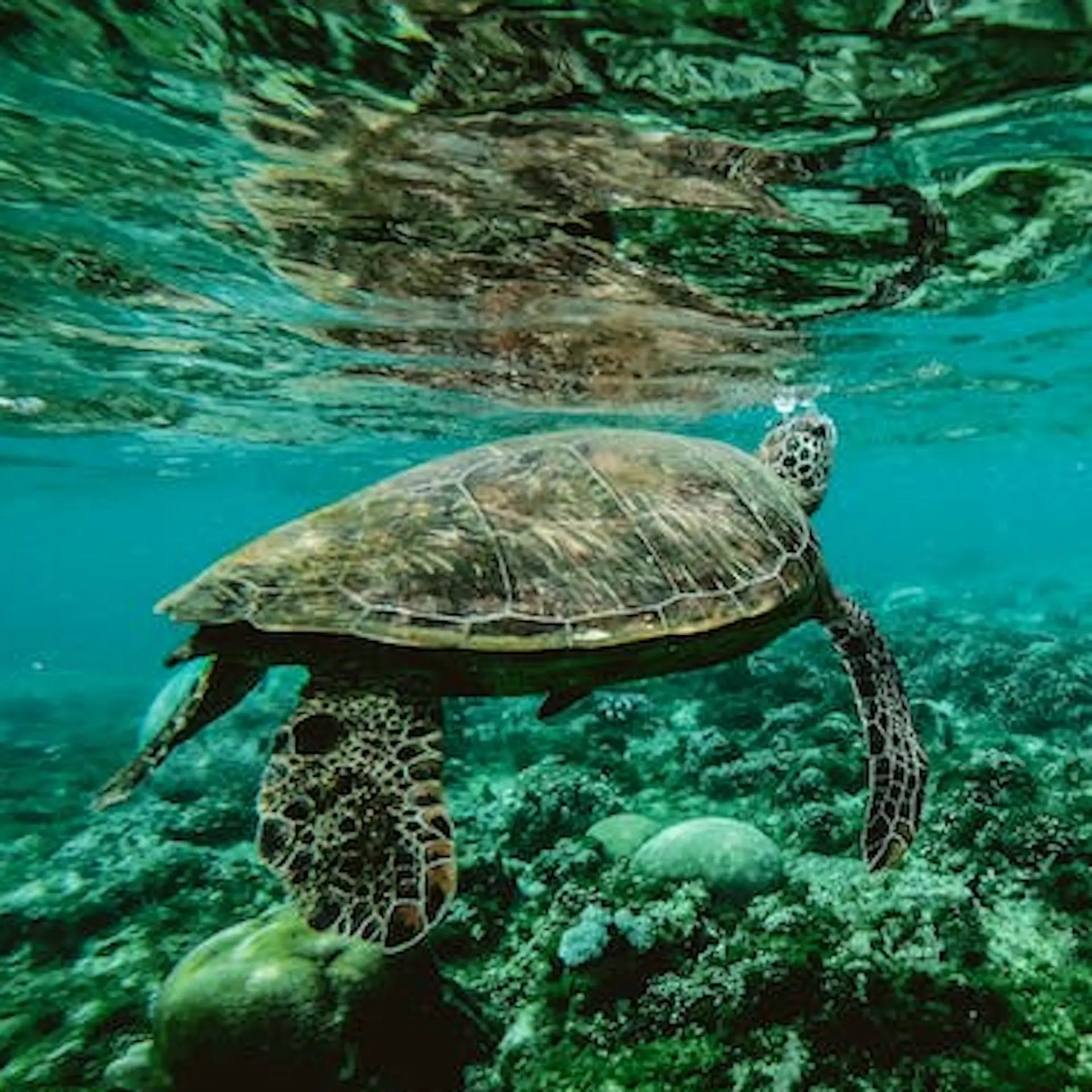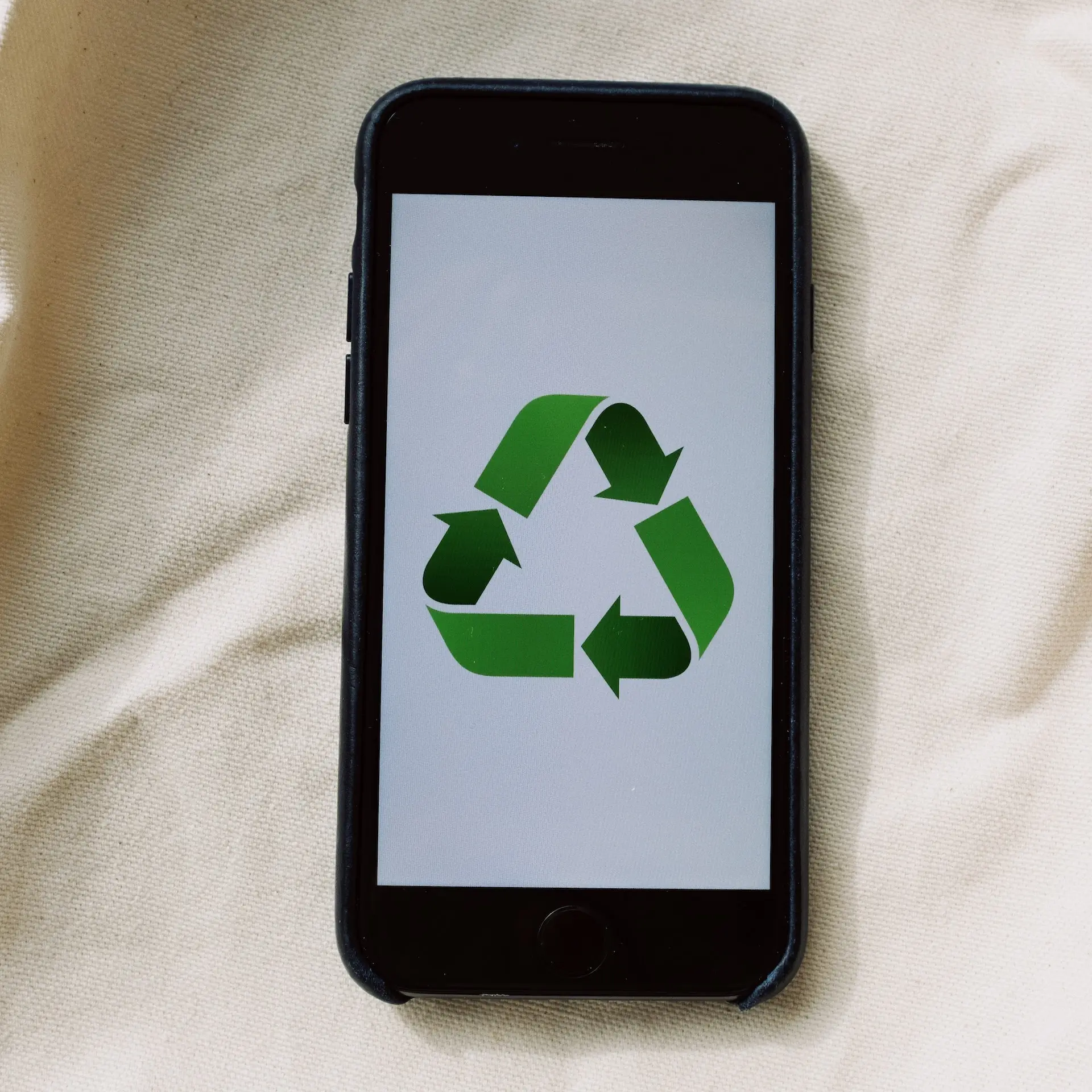Oceans: Ravage to Restoration

INTRODUCTION
Have you ever noticed how sustainability and climate change debates are perceived from just one dimension? How unfair, right? Global warming, climate change, and the Earth's reduced lifespan result from various correlated (and causal) factors, making it a multi-dimensional issue.
In discussions about the climate crisis and the need for sustainability, oceans often do not make it to the table. They rarely find their fair share in debates, even when they are the reason for our existence. The truth is that we take these essential water bodies for granted. We live in a false reality that oceans provide unlimited resources that will never be exhausted. This article is here to unveil the pretence that we are living in.
HOW BAD IS IT?
The depleting groundwater resources, rising sea levels, melting Himalayas, and near-threat coastal population hint at one thing and one thing alone: the direct impact of climate change on oceans and its direct contribution to global warming. According to the Oceans Conference of the United Nations, oceans have taken up more than 90% of heat in the climate system. Does that mean we have exhausted our chances to bring our oceans back to life? With each passing day, we expose our oceans to more risk of pollution. Plastic waste, industrial waste, unsustainable aquaculture, marine engineering, and oil drilling are just a few threats.
Oceans are the Earth's most enormous living creatures and are home to more than two-thirds of all living species. There is so much potential undiscovered when it comes to these gigantic water bodies. Approximately 80 percent of oceans are yet to be explored. But this does not give us a free pass to exploit them whenever we want. Every resource has a threshold, and crossing it can lead to devastating consequences. Oceans are a source of life and death; they have resources boundless to human imagination but also contain vast amounts of pollution that threaten their health and ability to support life.
Human beings have been disrupting the ocean since time immemorial. People have been dumping waste, especially plastic into it without considering how it affects other life forms. Most of the plastic in the oceans comes from land based sources. Around 70-80 percent is transported from land to ocean via coastlines, and the rest comes from marine sources like fishing nets, lines, ropes etc. The route for plastic to reach oceans can be primarily in two ways- first, throwing your plastic that could be recycled in the bin instead. Such a kind of plastic goes into the landfill, which may eventually spread out and block the drains. Second is through littering, which also eventually blocks the drains and reaches the ocean.
The world needs more commitment from industries and governments to combat plastic pollution in the oceans. Industrial units discharge waste water, like fertilizers, waste oil, chemicals etc. locally without treating it. This results in release of harmful toxins that ruin the entire marine ecosystem. The devastating impact of increased ocean pollution is not just confined to marine life, but also affects the economy. Plastic pollution costs $13 billion in economic damage to marine ecosystems per year. This includes losses to the fishing industry and tourism, as well as the cost to clean up beaches.
According to a study conducted by IUCN, at least 14 million tons of plastic ends up in the ocean every year. This results in millions of deaths in the marine ecosystem. Marine wildlife such as seabirds, whales, fish and turtles mistake plastic waste for prey; most then die of starvation as their stomachs become filled with plastic. Sadly, most of the countries do not have adequate infrastructure for managing plastic pollution. Lack of sanitary landfills; incineration facilities; recycling capacity and circular economy infrastructure; proper management and disposal of waste systems leads to ‘plastic leakage’ into rivers and the ocean, thereby damaging marine life.
The indifference towards other creatures and natural resources has pushed us closer to Doomsday. Today, we have reached the zenith of the environmental crisis: we are abusing energy by extracting more fossil fuels from beneath the surface at a rate faster than the speed of light. Our oceans need time to recover from the damage we have caused, and if we do not stop now, we are calling upon a crisis that we cannot undo.
WHAT CAN BE DONE?
We know that ocean pollution is a multi-dimensional issue driven by interconnected factors. It is difficult to trace a single industry that doesn't contribute to the growing threat. From tourism to manufacturing, almost all industries are contributing to the problem. So how do we begin to address this? One way is through a healthy dose of self-awareness. We need to acknowledge that we are all in this together—and that if we want to clean up our act, we will have to work together as a community. It means collaborating with other industries or government agencies and cooperating with them. We need efforts from every corner of society if we are going to make real progress on this issue.
Climate change is a global issue that requires a global response. Governments must take a stand against this issue so people can continue living safely on Earth without fear of rising seas and melting glaciers. One solution would be diversifying our energy resources so we do not rely so much on natural gas and oil reserves near coastal areas. It would decrease the stress on oceans because fewer fossil fuels would be burned, causing fewer greenhouse gasses to be released into the atmosphere, which could cause further damage to our planet's ecosystem.
The onus is as much on civil society to act responsibly toward oceans to reduce the environmental stress on oceans. The responsibility of conserving and caring for oceans lies with all of us. It is crucial because we live in a world dependent on them. We cannot say that we care about the ocean without caring about the people who live near it, its creatures and its plants. It is impossible to protect one without protecting the other.
Every person living on this planet is responsible for ensuring that their actions do not harm any part of nature. It means cleaning up our rivers and water supplies, disposing of waste properly and limiting plastic usage. It also means being aware of what we put into our bodies - including fish oils, pesticides and antibiotics - particularly when they are taken from marine environments where they may not have been intended for human consumption.
CONCLUSION
It is time for us all to unite as a global community and ensure that our actions are sustainable and respectful towards nature in every way possible. We must stop seeing the oceans as something to be feared and start seeing them as something to be cherished. They are the backbone of all industries and living beings. If it were not for all the water in our oceans, we would not be here at all.
Our oceans are the binding factor of all our life forms. It is high time the global community realises the significance of oceans and acts upon its missteps to restore the lost glacial melt of the Earth's water bodies before climate change leaves us with no water to support the life form on Earth.

 INR
INR  AUD
AUD  GBP
GBP  EUR
EUR  USD
USD 

